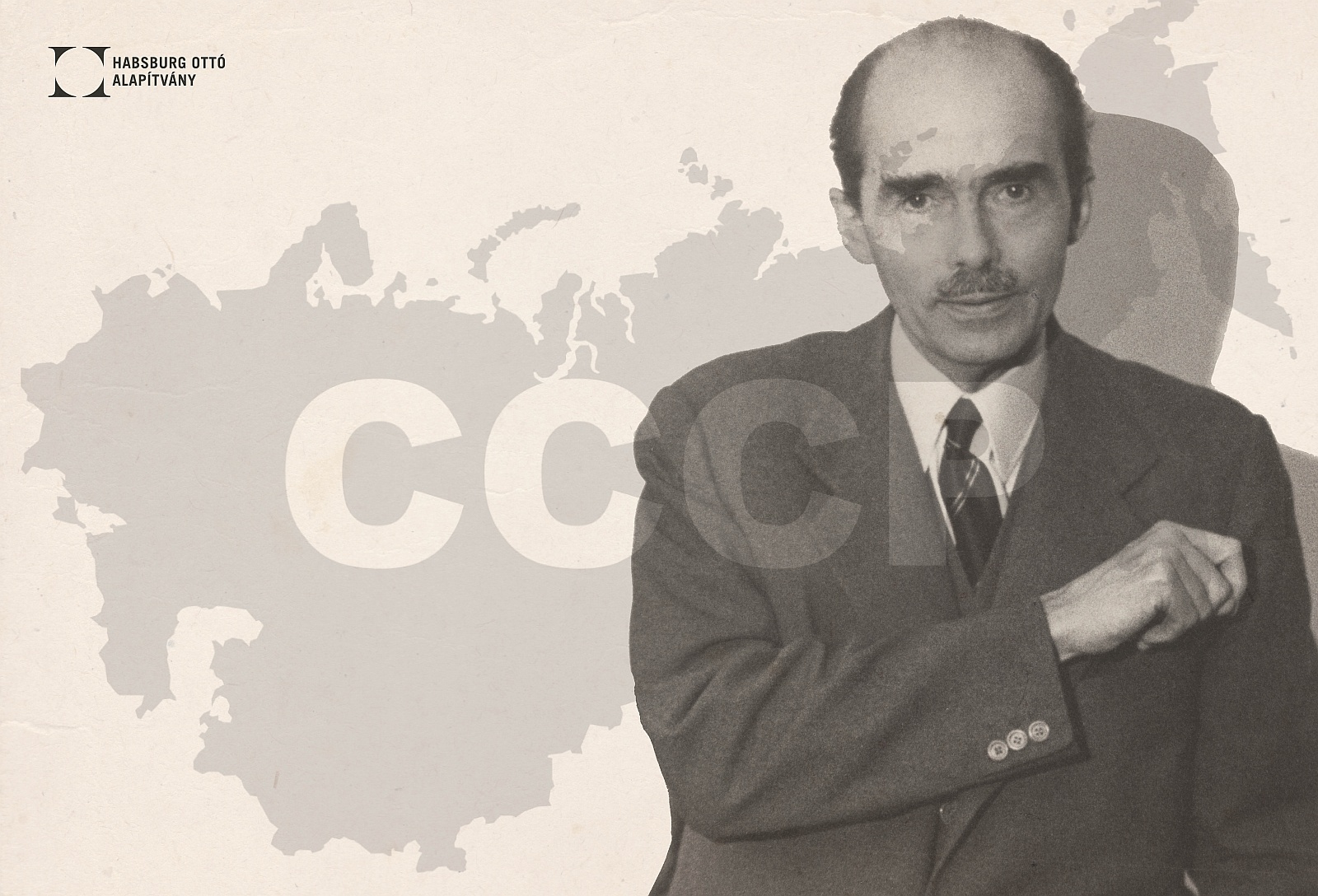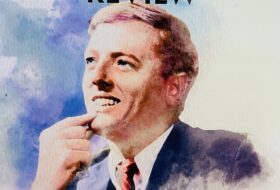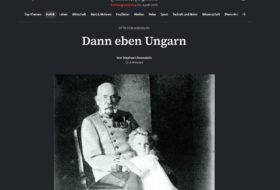Otto von Habsburg’s article “Fear of Russia?” appeared in the June 1973 issue of Zeitbühne during the abatement period of the Cold War era that occurred after 1963. Faced with the war in Vietnam and bound up with the movement of 1968, a substantial part of the youth of the West was enthralled by leftist, progressive ideology, envisioning the supremacy of the Soviet Union and the decline of the Western world.
Otto von Habsburg followed this development with concern and the softening of public sentiment towards Moscow, which had become complacent in upholding the status quo of the Cold War. The former Crown Prince opposed the prevailing belief of the time, which perceived the international influence of the Brezhnev-led Soviet Union to be growing due to Russian expansion in Asia and Africa and the strengthening of left-wing political movements. Otto von Habsburg sought to shake up the Western world by drawing on historical experience and placing the events of the period in a broader context. He could see clearly that the communist superpower was at odds with the rising China, which, to the astute analyst, was more a sign of the weakness of the regime. He proved to be correct: the Kremlin was under pressure not to escalate the East-West confrontation but to pursue a policy of détente and peaceful coexistence while preserving the status quo. The former heir to the throne, who also maintained a cordial relationship with Henry Kissinger, one of the most influential assessors and actors of international affairs of the time, understood the long-term consequences of US diplomatic manoeuvres (the conclusion of the Vietnam War, Washington’s overtures to Beijing), which foresaw a definite diminution of Moscow’s position. He was, therefore, already convinced in the 1950s that the Kremlin’s hegemony would collapse in the short and medium term. His article was an attempt to stir up public opinion in the free world.
However, it was intended not only to dispel the misconceptions of the period but also to provide a historical and geopolitical analysis that would help the reader to properly evaluate the place, responsibility and role of Russia and Europe in world politics.
Anett Hammer-Nacsa and Gergely Fejérdy
Zeitbühne 1973_06


